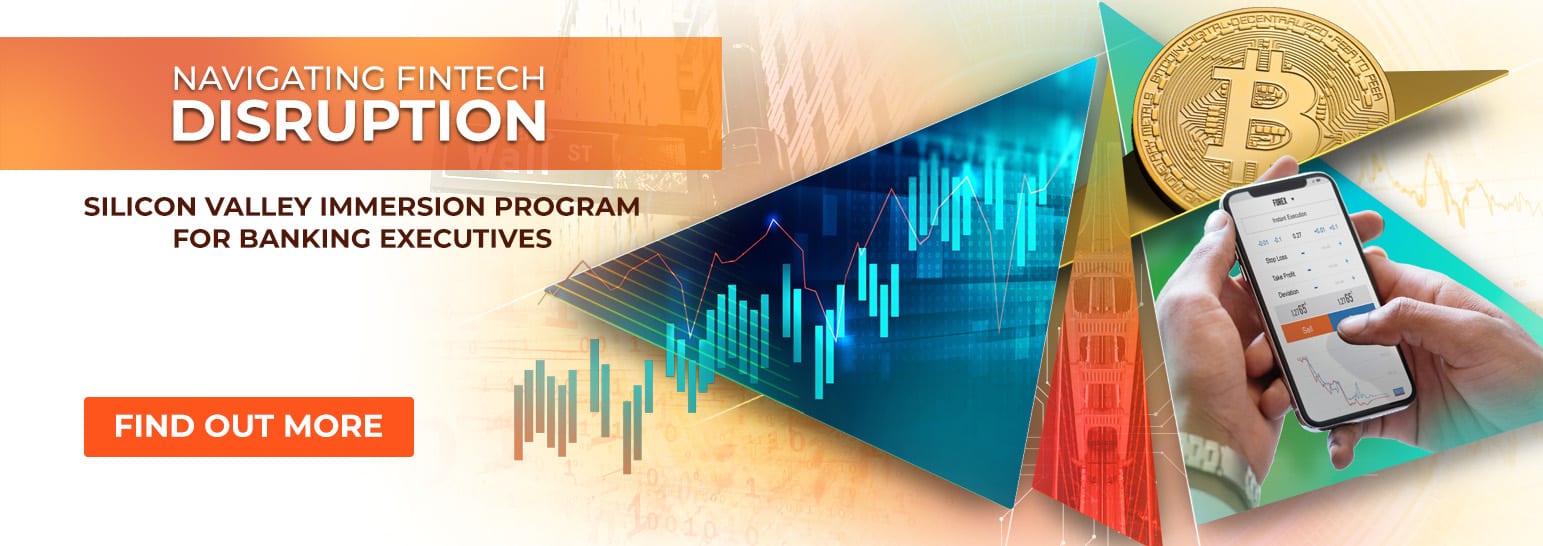2017 was a record-breaking year for Fintech and 2018 promises to deliver plenty more of the same according to Augstin Rubini, a London-based financial industry strategist and general authority when it comes to all things related to the next generation of banking.Speaking at a webinar jointly hosted by the Professional Risk Managers’ International Association (PRIMIA) and the Silicon Valley Innovation Centre (SVIC), Rubini shared numbers showing that in 2017 $16.6 billion was invested in Fintech, a new annual record.
That cash went to the more than 5,000 Fintech businesses operating today throughout the world. Among them, according to Rubini’s data, are 25 organizations valued at over $1 billion. This year alone there were eight newcomers to this club of so-called “unicorns”, with their businesses stretching across a number of areas including consumer finance, lending and cryptocurrency.
The industry analyst believes there is no shortage of enthusiasm for Fintech from both entrepreneurs and investors.
“The market is hot right now,” Rubini said during the webinar, “Many people are looking at investing. It’s likely to continue this way in 2018.”
New Technologies
The rise of Fintech in recent years is, as the name suggests, a product of the advancement of new technologies. Rubini believes there are five tech categories which have been most influential. They are:
- Cyber security
- Internet of things
- Big data and artificial intelligence
- Blockchain
- Reg tech
According to Rubini, investment in each of these sectors is set to grow this year and market consolidation is likely, as key players jostle to become the all-in-one Fintech solutions provider.
“We can see the big players such as Cisco, such as Stageforce, such as Microsoft, which will be looking at buying into these categories so that they can provide a solution, which is attractive to the big corporates,” said the analyst.
Blockchain, in particular, has come to be widely regarded as the future of banking, give its role as the technology behind bitcoin. Rubini said that in 2018 he expects more people to buy and hold such cryptocurrencies, with “many new opportunities” on the horizon for the average investor. He singled out IOTA as one cryptocurrency project which he believes is likely to “increase in value quite a lot”.
Disruptive Business Models
But Fintech is about more than just the raw technologies. In large part, its ability to disrupt conventional banking stems from how those technologies are applied as part of new business models.
Across the sector, in areas such as lending, wealth management and commerce, startups are seeking to make efficiency gains and expand markets by pushing innovation in things like credit scoring and payment processing.
With Ebay recently announcing that it is switching its payment platform from Paypal to Ayden, the expert view is that where there is a chance to keep transaction costs down, new models and companies will be readily embraced.
“It’s quite a bold move,” said Rubini, “but it’s just showing that e-commerce companies are looking for the margin everywhere and if they can improve it, they will.”
Rubini predicts the coming year will see more Fintech solutions appear in Asia and especially China, where the population is moving away from consumption and becoming more interested in investment. Companies which can tap into this demand are now emerging, often with with the help of artificial intelligence. But in this brave new world, there is a balance to be struck.
“The trend that we’re seeing is that the optimum solution is not to just have a robo-advisor, it’s to have a hybrid between robo-advisory and face-to-face advisory,” said Rubini.
Proceed With Caution
The generally sunny outlook for Fintech in the coming year doesn’t come without its caveats. Investments in the sector still carry risk, with Rubini suggesting that 2018 will be notable for increased regulation, especially in the wake of blockchain-related initial coin offerings in 2017, some of which were “good opportunities” while others were “a bit questionable.”
Above all, security is paramount. While startups have already done much to disrupt the banking sector and more innovation is on the way, rushing ahead would be a mistake.
“We need to make sure that we grow slowly,” Rubini said.
“We need to have the appropriate security measures in order to be able to be happy and be comfortable with the new environment.”
Visit Silicon Valley Fintech Startups
Silicon Valley Innovation Center helps financial sector executives experience and connect with the Silicon Valley fintech startup ecosystem through a fintech executive immersion program. As Silicon Valley is a hotbed of fintech innovation, company executives will benefit greatly from visiting the innovation hub and interacting with startups like the ones mentioned in this article. Through this immersive experience, executives will also gain deep insights into how partnering with Silicon Valley startups can be a game-changer for their businesses.
